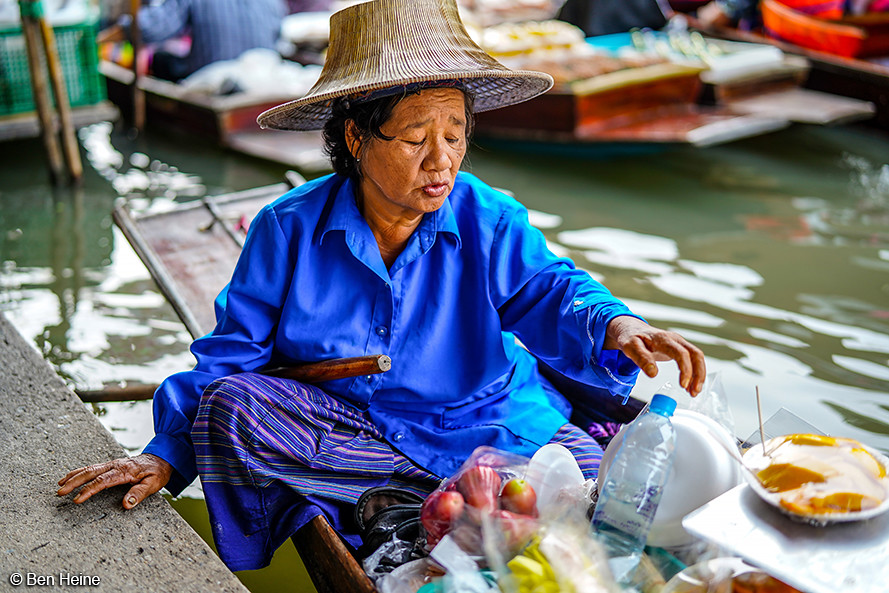According to International Population Report 2015, elderly people make up of 8.5 percent (617 millions) of global population, the age range of 65 and over. Elderly population is rapidly growing in our world population. Due to their richness of life experiences and wisdom, they are one of the pivotal groups in our population, and most of them are politically active voting in political elections in Finland. However, there is a lack of enough workforce to work in caring of elderly people in Finland. The Finnish local news says that elderly people are having a hard time receiving care from health professionals since there is not enough nurses for them. By contemplating with the fact that there is not enough workforce for elderly people, we may have many questions such as “Is there any stereotyping ideas against elderly?” “If so, do people think critically about those stereotyping like they usually think critically about the stereotype against gender, sex and human rights?”

Multi medias such as movies, literature and news around the world are still portraying the elderly people stereo-typically and negatively which shape our cultural attitudes towards the elderly people. As the matter of the fact that we should do more researches on elderly people and have their voices heard. Passing laws against age discrimination alone doesn’t seem to be enough to change the negative social attitudes towards the elderly population, we should have inter generational collaborations that create activities promoting social inclusion multi-generational groups. Check for side effects. Due to lack of appreciation for aging, and negative attitudes associated with stereotype, people tend to have a proclivity to fight appearance of aging with cosmetic advancements. So, many people don’t seem to see the charming of aging such as life satisfaction, wisdom and experiences of life.

However, when it comes to social security and well-being, there are big gaps among countries. While governments from countries of high gross national income (GNI) can provide elderly people with social security through national income or government funding, elderly people in low income countries heavily rely on their multi-generational families in which their richness of life experiences and wisdom are highly valued. However, industrialization and modernization have changed people’s lives and cultures, the lives of elderly people have become precarious under such changes. With the help of medical advancements and digitization, longevity of people has increased more than ever in the histories as well as the population of elderly people.

As a society, we are all interconnected in terms of ecology, and neither of us can stand alone without the others. As the elderly population of the world has increased, we society as a whole should ethically give attention to them whatever political changes we may want to make now and ever. They are the group who are the richest for life experiences and wisdom. They spend most of their time taking care of themselves, families and the country. That’s why we should listen to their voices. The health of elderly people is the global health.
Suurin osa Showcasen blogeista on toteutettu osana Laurean opintojaksoja. Koko koulutustarjontaamme voi tutustua nettisivuillamme. Tarjoamme kymmenien tutkintoon johtavien koulutuksien lisäksi myös paljon täydennys- ja erikoistumiskoulutuksia sekä yksittäisiä opintojaksoja avoimen AMK:n kautta!